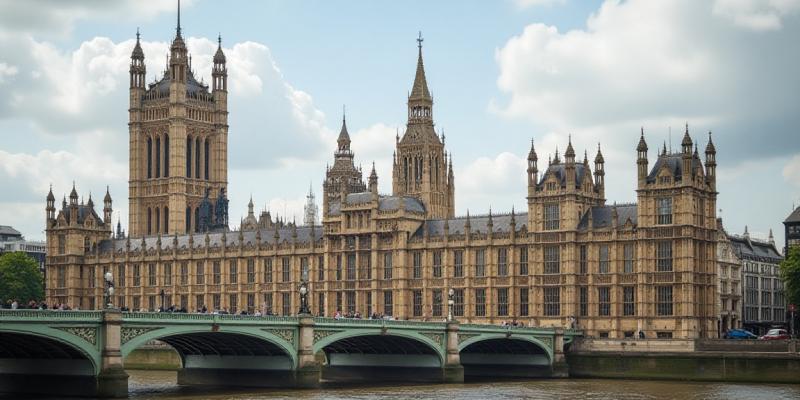
Chancellor of Exchequer, Rachel Reeves, unveiled the UK government’s highly anticipated Spending Review, outlining departmental budgets for the next three years (2026/27 to 2028/29) for day-to-day spending and four years for investment.
Touting a vision of “Britain’s renewal,” the review commits billions to key public services and infrastructure, though significant trade-offs are evident as the nation grapples with persistent inflationary pressures.
“We are renewing Britain,” Reeves told lawmakers. “I know that too many people in too many parts of our country are yet to feel it. This government’s task, my task as chancellor, and the purpose of this spending review is to change that. To ensure that renewal is felt in people’s everyday lives, in their jobs, and on their high streets.”
Chancellor Reeves has set aside an extra £113 billion ($150 billion) for public spending compared to the previous Conservative government’s plans.
Pri health, housing, and defence
The National Health Service (NHS) emerges as a significant winner in this review, with its day-to-day budget set to rise by 3% a year after inflation, translating to an additional £29 billion ($39 billion) per year for its operational costs.
Housing also receives a considerable boost, with a commitment of £39 billion for social and affordable housing over the next decade.
This investment is geared towards the government’s ambitious target of building 1.5 million new homes by the next general election.
Defence spending is also set to increase, rising to 2.6% of GDP by April 2027, including the contribution of intelligence agencies.
The government also plans to build 12 new nuclear-powered attack submarines, drones, missiles, and munitions, and enhance cyberwarfare capabilities.
The science and technology sectors will also receive a massive £86 billion in funding in areas such as new drug treatments and longer-lasting batteries, to new AI breakthroughs.
Public transport projects, particularly across England’s city regions, will also see major investment, with £3.5 billion allocated to upgrade the TransPennine route.
£2.5 billion is also earmarked for a train line connecting Oxford and Cambridge.
The government has also expanded the £3 bus fare cap to 2027.
Total investment in the transport sector amounts to £15 billion.
The government also put £1 billion into expanding the number of children receiving free school meals.
The policing budget will also see an average annual increase of 2.3% by 2029, making it more than £2 billion over the next few years, supporting the manifesto pledge of 13,000 extra police officers.
Cuts and tight budgets elsewhere
While some departments celebrate significant increases, others face tighter budgets or outright cuts in real terms.
The Home Office, for instance, will see its day-to-day budget cut by 1.7%, and the Foreign Office by a more substantial 6.9%.
These reductions reflect the government’s choices in a fiscally constrained environment, where prioritizing some areas necessitates reductions in others.
The review also seeks to end “costly” asylum hotels within the next four years, indicating a shift in strategy for immigration and asylum management, which will likely impact related departmental budgets.
The UK’s FTSE 100 inched up 0.27% to 8,876.64 after the spending announcement.
The post UK government unveils 2025 spending review: focus on renewal appeared first on Invezz










